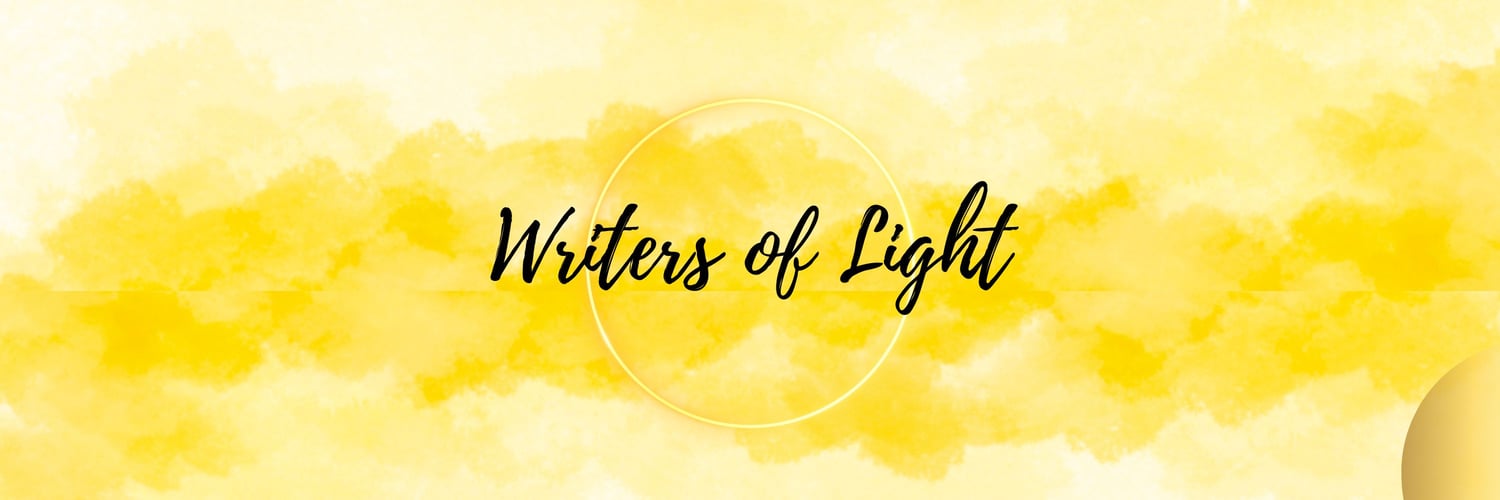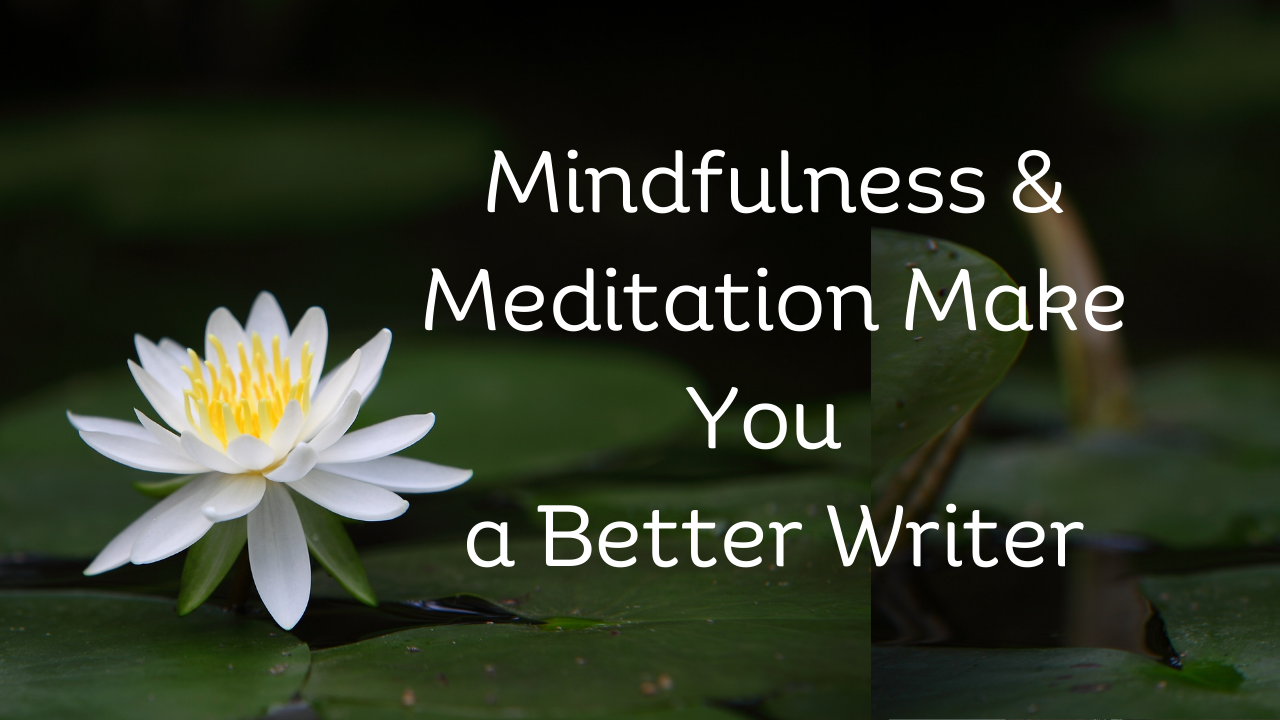No Matter What You Write
Touching into your human experience with bravery and vulnerability…there’s an edge you come up against, and it is your own.
Sitting with the fullness, the jagged shards of emotions, of situations, not ducking and dodging the searing missiles pointed at you (self-inflicted missiles, but that’s what you’ll uncover in meditation).
Life – and the books, blogs, articles, social posts, and journals we write about it - are often filled with anger and uncommunicative bosses, panic and aging family, that fender bender and chasing dreams with uncertain outcomes. When you bring meditation and mindfulness into the mix, you find out over and over you are the missile, and you learn how to dismantle it.
So how does it make you a better writer?
Remember in high school when you learned the basics of conflict in a story?
- Person vs. Person
- Person vs. Nature
- Person vs. Self
- Person vs. Fate/God(s)
- Person vs. Society
- Person vs. the Unknown/Extraterrestrial (pretty sure that one didn’t exist when I was in school, but so happy it does!)
No matter which conflict is most evident in a story – and it doesn’t matter if it’s a novel, memoir, or business book – the reality is that it is always Person vs. Self. That’s the crux of our human experience. What we perceive "out there" or outside of us is designed to show us back to ourselves.
You always have to contend with your own inner conflict/editor/narrator/devil and angel. Always. And it’s all about how you relate to whatever situation you are in. So do your characters. So do your readers. If they aren’t wrestling with their perceptions and struggles, it’s a pretty flat read.
Those other antagonists—nature, fate, society, governments, organizations, pimples, and people - are flavors to add into the recipe. You get to play with them and spice it up, add texture.
It’s like, 'Here are you eggs.'
You can scramble, fry, poach, braise, or bake. You can add some hot sauce – I prefer Cholupa or Texas Pete’s, ketchup, salt and pepper, herbs de Provence, hollandaise.” But in the end, eggs are eggs and they are what is for breakfast. You can’t outrun yourself, and neither can your characters.
Have you heard this advice in fiction? “Always give your characters more than they can handle. Turn up the heat.” Your reader wants to see what they are made of and if they can relate.
In personal development, self-help, business, and other types of nonfiction, the writer is saying, “Hey you’ve got this. Don’t doubt yourself. Try these tools. Keep learning.” Your reader wants to see if they can take the prescription from the book and make changes to their own life.
You, as the author, better have done the work on yourself or be willing to if you want your readers to trust you.
For instance, if your character suddenly develops a backbone, it's wise to give the reader some context to understand Josephine didn’t know she had it in her, and here’s how she feels about it.
You get to play analyst and help the reader know Josephine’s experience of it, some little flashes of insight – into her confusion and her sudden confidence. Otherwise, the reader thinks you cheated.
Mindfulness and meditation are lenses that, when combined with writing, give you a direct path to lightning flashes of of insight. Apply your creativity to those lightning strikes. Whatever you are writing about is so much richer for it.
Mindfulness calls you to bring your full awareness and senses to each experience. How much better are your descriptions, your character arc, or your reader journey when you’ve really paid attention to your life?
if you take the time to expand your awareness, the writing changes from surface chatter and noise to awareness of why the narrator feels negative about hot shining sun and sweat. Why is it so bad? Or so good?
Don’t be afraid to dig a little, uncover, shed some layers of BS. It certainly makes it more interesting than saying, “I hate to sweat.” Why? It’s not that you have to work into your writing all the mental/conscious details, but it adds a new richness if the reader can understand why a character hates to sweat. (and this applies to nonfiction as well, where the character is often the narrator of the information.)
Then you can really turn up the heat on them. And you can really take them on a journey of discovery.
And how do you find that out? Peel the onion and find out why YOU hate to sweat. Let’s look closely at things and take our readers on an adventure of transformation.
No matter if narrators or characters overcome pain, find love, or experience success, by practicing and playing with Mindful Awareness, there's a deep recognition of the triumph over Self. And that gives your story sticking power.
You can get through life or a book without much character development, but to what end? And how much more interesting is it if the antagonist isn’t just the bad guy – but someone with their own delusions and illusions who the reader gets to get a peek at?
Mindfulness isn’t about making these things wrong or less than. And a mindful writer can use that to make a real impact.
The book isn’t better because the bad guys lose, but because the protagonist transforms.
And transformation happens when the Writer has an intimate understanding of what that looks, feels, and smells like and then puts it into a delicious form.
Be well, and keep writing!
Andrea
Originally posted on MindfulJournal.net


